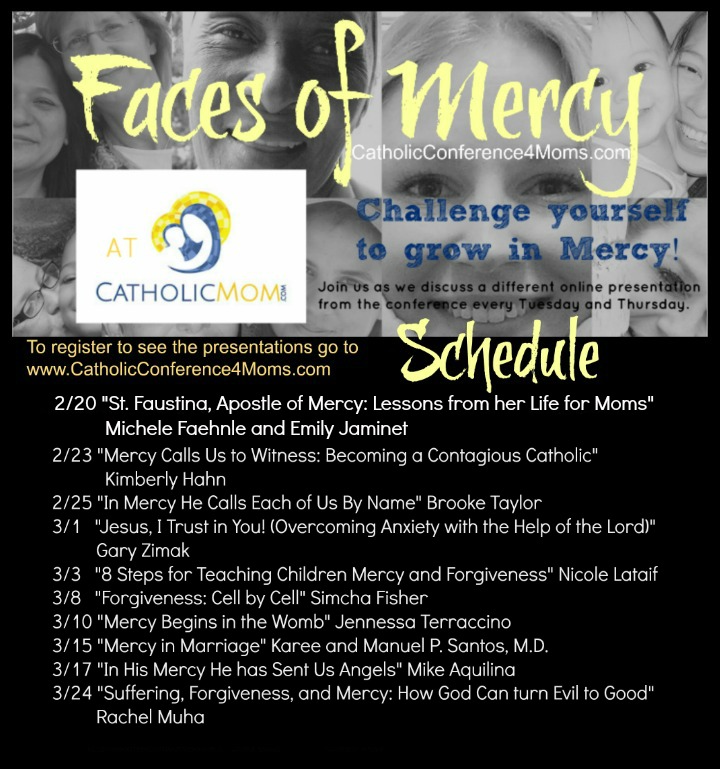My first experience hearing the phrases: “Will you forgive me?” and “I forgive you” outside of any biblical context or confession was late in high school. I was carpooling with a friend’s family across town and my friend in some way hurt her younger sister. Once she realized what she had done, she turned to her and asked for her forgiveness, to which her sister responded with mercy. My friend must have seen my confusion, as she proceeded to explain, “It’s just how we do things in our family; we ask for forgiveness.” For good or ill, up until that point, that was my only experience of forgiveness in real life. And it felt bizarre.
My next experience was when my husband and I were still engaged. I was working nearly 3,000 km away (that’s almost 1800 miles in American) in southern California and he was finishing his Masters of Divinity degree in Edmonton, Alberta. We were having one of our first big arguments and it was feeling rough. As we worked things out, he asked for forgiveness for his contribution to the argument. I hadn’t realized what a huge relief that felt like until he said those specific words: that he wanted to make things right with me over the hurt he had caused. I was surprised how I had internally longed for those words of “will you forgive me?” from him but had no idea how to express it, and equally amazed at how transformative it was to be able to provide mercy in my response of forgiveness. It opened my eyes to the power of that question and how transformative it could be for both people.
Fast-forward a decade and I often wonder if I’ve learned much from those experiences. I listened to Nicole Lataif’s talk about these 8 steps to mercy and I’m not (only) listening as a mother, but also as a child of God who still struggles with mercy and forgiveness. I listened to her message several times and went back to it again and again.
Nicole provides us with 8 simple steps and starts with one I often forget I need: prayer. When I’m angry, I need to be turning my recourse to the one who can truly heal me rather than prepping my words for a vengeful response or feeding that anger. Too often I respond too quickly and in that lapse of forcing myself to take some time, I end up hurting the other person. Sometimes forgiveness and mercy don’t come naturally to us or children and we need time with God to help us refocus what we are called to do.
She touches on mercy and consequences, reminding us that if our children (or friends) are truly sorry for the hurt they have caused, we need be able and willing to show mercy. I know I always appreciate mercy when it is shown to me, like when I apologize to my husband for getting angry at him for not agreeing with my plan AtThisVeryInstant, and he offers me mercy in his acceptance of my apology. I appreciate that it creates a place for growth and love within our relationship. Showing mercy can bring us closer together and our children can see that and benefit from it as well. However, it is not an opening to be a pushover, and Nicole raises this point too: Jesus asks us not respond to evil with evil, but with mercy. He doesn't tell us to be gullible to it and it's important for kids to know this, especially when it comes to aspects of bullying and abuse.
Nicole’s steps have given me much food for thought and simple ways for me to grow, to better demonstrate mercy and forgiveness to my children (and others) as well as to help me to break it down into steps to teach my children as well. A big thank you to Nicole for all her work and also for her book that shares these very same steps in a manner extremely friendly for children to engage with! I’m looking forward to using these steps in our Year of Mercy.
See all the Catholic Conference 4 Moms posts here.
Copyright 2016 Jane Korvemaker
About the Author

Jane Korvemaker
Jane Korvemaker loves food, family, wine, and God (perhaps not in that order). She holds a Certificate in Culinary Arts, which pairs perfectly with her Bachelor in Theology. A former Coordinator of Youth Ministry, she writes from the beautiful and cold province of Saskatchewan, Canada. She works from home and takes care of her three very hard-working children. Jane regularly blogs at AJK2.ca.




.png?width=1806&height=731&name=CatholicMom_hcfm_logo1_pos_871c_2728c%20(002).png)
Comments